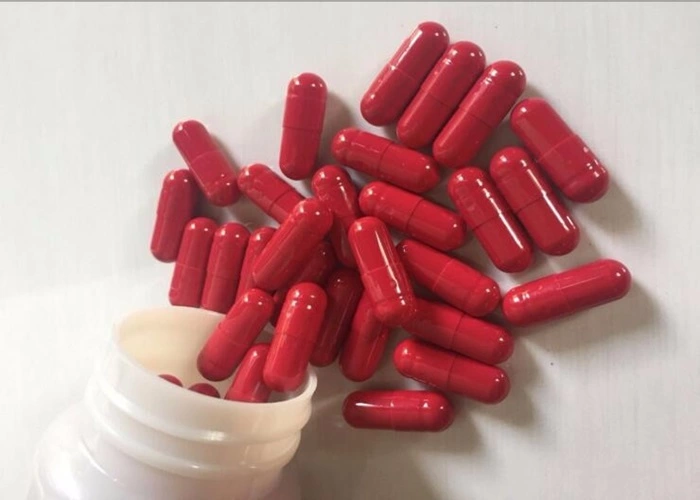Weight loss medications, such as Ozempic and Wegovy, have recently gained widespread attention for their ability to aid in weight loss, particularly for individuals with diabetes and obesity. However, new research is exploring the potential of these drugs to address another major health concern: alcohol addiction.
The global anti-obesity drug market, which includes popular weight loss drugs, reached $6.15 billion in 2024 and is expected to grow to over $100 billion by 2030. According to the Centers for Disease Control and Prevention (CDC), the obesity rate among adults in the U.S. is 40.3%, showing a slight decline from previous years. Despite the promising effects of these drugs on weight loss, recent studies suggest that they may also help reduce alcohol cravings, offering a potential treatment for alcohol addiction.
Exploring the Connection Between Weight Loss Drugs and Alcohol Cravings
Weight loss medications, particularly GLP-1 agonists, work by stimulating insulin production, regulating how the body processes sugars, and reducing fat storage. They also impact the brain, particularly the regions responsible for cravings—areas involved in addiction to substances like alcohol. Early reports from patients taking these medications suggest that alcohol consumption may decrease while on the drugs, sparking interest among researchers and clinicians.
Dr. Drake Bellanger, an obesity specialist at Baton Rouge General, has observed this unexpected side effect in his patients. He shared that many patients on weight loss drugs have reported a reduction in alcohol cravings, some even quitting drinking altogether. While these findings are intriguing, further rigorous scientific research is needed before these drugs can be officially approved as treatments for alcohol addiction.
How Weight Loss Drugs Work
The medications work by increasing the body’s sensitivity to insulin, reducing the number of calories stored in fat cells, and directing them toward more efficient muscle cells. This is particularly beneficial for individuals with metabolic syndrome, a precursor to diabetes. By also targeting the brain’s craving areas, these drugs not only help with food cravings but may also reduce the desire for alcohol and other addictive substances.
What Does This Mean for Patients?
Though the theory that weight loss drugs can reduce alcohol cravings is still under study, many doctors, including Dr. Bellanger, are cautiously optimistic. He recommends that patients who drink alcohol while on weight loss medications manage their consumption, suggesting moderation. While weight loss drugs could offer benefits for alcohol use reduction, patients are still encouraged to regulate their alcohol intake as part of a balanced approach to weight loss and overall health.
Research is ongoing, and more data is needed before weight loss medications can be prescribed for alcohol addiction, but the early findings show promise. As the scientific community continues to explore this potential, patients may find that their weight loss journey also brings unexpected benefits for managing other addictive behaviors.
Related Topics:


